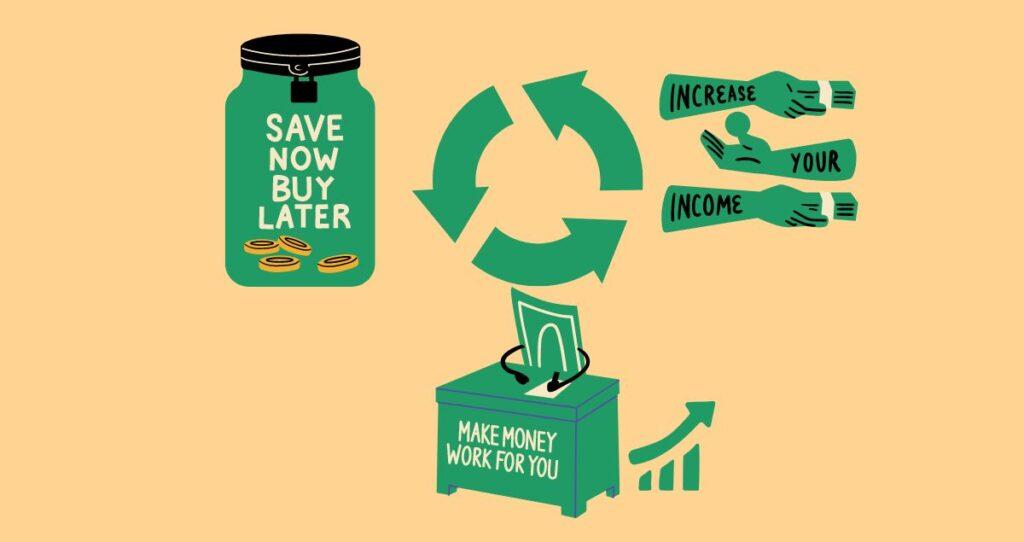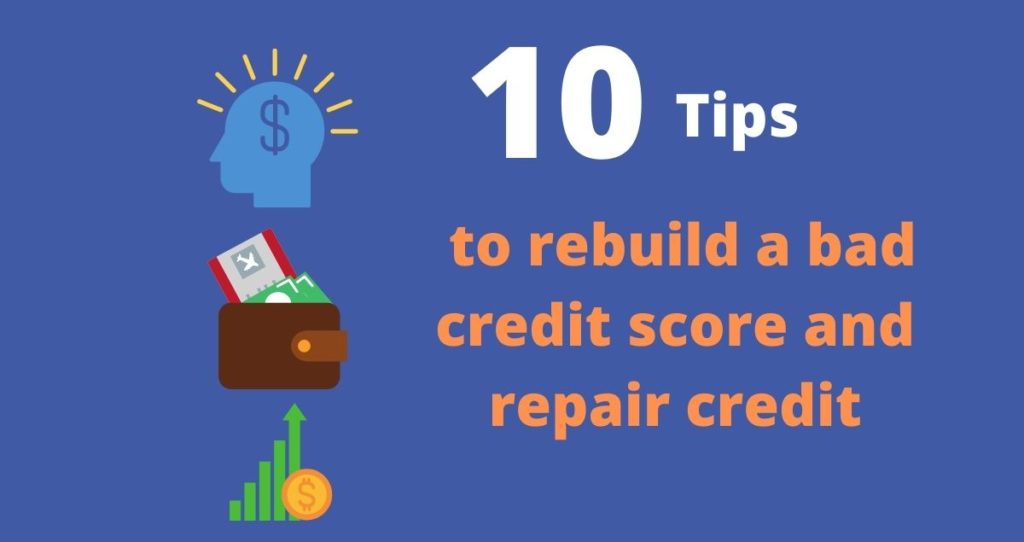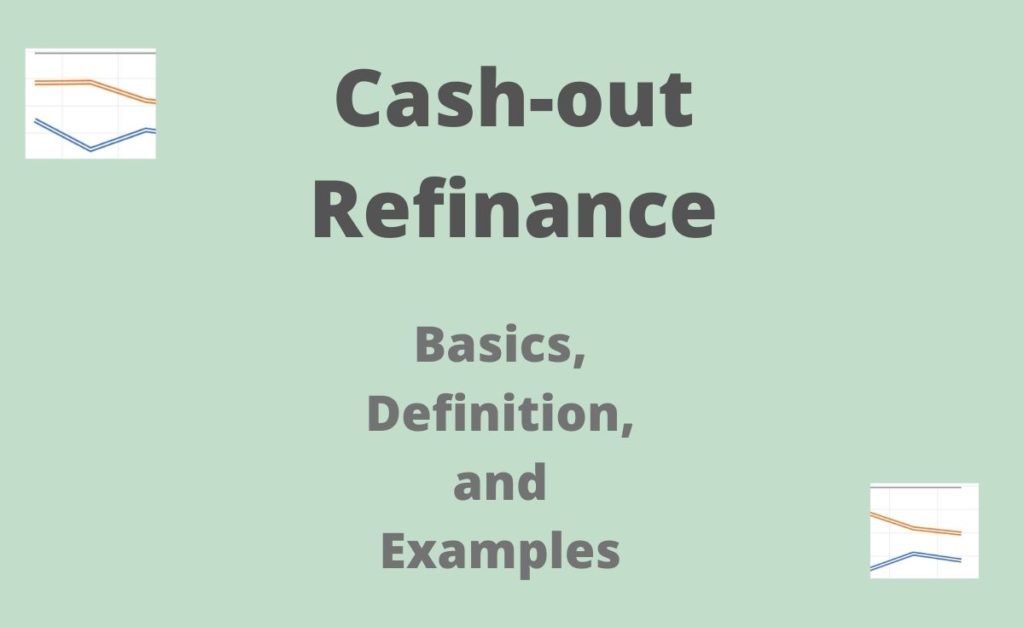Like millions of homeowners, you will probably use a mortgage if you are planning to buy a house. Mortgages make it easy for almost everyone to own a house. However, getting approved for a mortgage can be a huge challenge for many homebuyers.
Despite all the challenges, homeownership has its benefits.
Buying a house is probably a dream for everyone around the world. Homeownership comes with the freedom and privacy that cannot be found in rental homes. In addition, many people consider owning a house as a long term investment.
This sweet heaven, however, comes at a huge cost and sacrifice. Houses are very expensive compared to the average salary of homebuyers. Even those who make enough money find it difficult to afford a house.
The solution to this problem is mortgages. Mortgages come in all types and sizes and their terms vary from one another. Requirements for each mortgage also vary based on the borrowers, lenders, and the size of the mortgage.
It is not easy to get approved for a mortgage. Moneylenders make sure that borrowers can afford the mortgages, and more importantly, will pay them back with interests and associated fees.
Without taking appropriate steps, it is very easy to get denied for a mortgage.
With you in my mind, I put this article together to improve your chances of getting approved for a mortgage.
In this article, you are going to learn about six steps you need to take in order to get approved for a mortgage.
1. Have a good credit

The quality of your credit is one of the most important qualifications a mortgage lender will evaluate. The lender will need to know how risky it is to lend you money. So, the only way to answer this question is to rely on your past experience with money.
The lender will need answers to some of the following questions.
- Did you have a loan/a mortgage in the past?
- If yes, how much was it?
- Did you pay it off?
- How was your payment history?
- Do you have other loans (credit card debts, student loans, car loans, etc.)?
- If so, how much debt do you have?
- Did you have a bankruptcy or a foreclosure?
- Did you experience evictions and related legal actions?
All these questions and many more will give the lender a complete picture of your financial history. The way you behaved around money and the decisions you made will most likely repeat if you end up in the same situations.
This is why people with bad credit find it hard to secure a mortgage. And if they do, their terms and interest rates are much harsher compared to regular borrowers.
What if you never had a credit before?
It is always hard to verify the risk associated with a person with no credit. Applying for a mortgage without a credit history is like telling the lender to close their eyes and have faith in you.
Too bad. Lenders do not like faith or taking chances when it comes to their money.
This is why you should consider building credit before applying for a big mortgage or loan. For example, a credit card can help you build your credit history since it is considered to be a loan.
To avoid starting on the wrong foot, manage your cards appropriately. Making your payments on time, having reasonable credit usage, avoiding hard inquiries, and derogatory marks will keep you in the green zone.
There are other ways you can use to build your credit without using credit cards. Read the following article for more details.
>>More: How To Build Credit Without A Credit Card?
Your credit history can also be reflected by your credit score. A credit score is a number that ranges from 300 to 800. This number is put together by credit reporting companies (Equifax, TransUnion, Experian) based on information from your credit report.
The credit score moves up and down based on the financial decisions you make. For example, your credit score can tank more than 100 points from a foreclosure, as noted by Cesi Solutions. This is not the only thing that will affect your credit score. Your payment history, credit age, hard inquiries, derogatory mark, and credit usage will all affect your credit score.
>>MORE: 6 Factors That Improve Or Hurt Your Credit Score
The credit score requirements will vary depending on the mortgage you are applying for. For example, lenders require a minimum credit score of 620 for a conventional mortgage. However, other forms of mortgages such as FHA mortgages require as low as 500 depending on the down payment, based on Quicken Loans.
The lender will use your credit score to determine your par rate. For this reason, a good credit score comes in handy when applying for a mortgage. The better your credit score, the higher the chance to secure a mortgage with the best terms possible on the market.
If your credit score is not good, consider rebuilding it before you apply for a mortgage. The following articles can help you learn how to improve your credit score.
How Does A Credit Score Affect A Mortgage Rate?
8 Tips You Can Use To Improve Your Credit Score
Now that we have learned about the first step you need to take in order to get approved for a mortgage, we need to move to the next step.
2. Have proof of income

After knowing that you can be trusted with the money, the lender will need to know if you can pay it off. This is why the next most important factor the underwriter will evaluate is your income. If the lender is going to give you the money, he will need proof of income.
Your income should cover all your expenses plus the mortgage you are applying for. This is why the lender will approve you for a mortgage you can afford to pay. The lower your income, the lower the amount you will be approved for.
The lender will be interested in getting answers to some of following questions.
- Do you have a secure job?
- How much do you make?
- How long have you been working there?
- Are planning to relocate?
Having a secure job and making enough money will increase your chances of getting approved for a mortgage.
3. How to get approved for a mortgage: Have Assets
There are times when a borrower runs into financial troubles and fail to make their mortgage payments. When a borrower defaults on the mortgage, a short sale or foreclosure follows. These processes cost a lot of money for lenders and hurt the borrower’s credit history.
Moneylenders favor borrowers who can still make their payments even if they lose their jobs. This is where assets will come in. The more assets you have, the more your application will stand out.
There is no specific type of assets you need since they come in many forms and sizes. However, having tangible assets such as a house or an investment property can help. The money you have in your investment accounts can also be used as assets.
4. Reduce your debt-to-income ratio
It is not a crime to apply for a mortgage while having other debts on your belt. However, as you borrow more money, your debts will increase to a level where you can no longer afford to pay them off.
This is why your lender will ask if there are other debts you have such as car loans, credit card debts, student loans, etc. And if you have them, the lender will need to know how much they are.
In order words, the lender will need to know how much more debt you can afford with the income you have. This is where the debt-to-income(DTI) ratio comes in.
The debt-to-income ratio is the ratio of your debt to your income. When the ratio is high, it means you have more debt than you can afford.
As noted by SmartAsset, an ideal debt-to-income (DTI) ratio should under 36%. The lower the better. If your DTI ratio is too high, make sure you reduce it before you start your mortgage application process.
How to lower a debt-to-income ratio?
To get approved for a mortgage, you must have a reasonable DTI ratio. So, how can you lower your DTI ratio?
There are two ways you can decrease your DTI ratio.
1. Increase your income: Increasing your income is a great way to help reduce your DTI ratio. There are many ways you can use to increase your income. For example, you can increase your income by getting a raise or a promotion at work. You can also increase your income by getting a second job or creating a side hustle.
You can also come up with extra cash through saving. Saving is effective only if you reduce your expenses.
The following articles can help you learn how to make more money.
51 Easy Ways To Make Money Fast
How To Get A Raise Or A Promotion At Work?
How To Save Money: Step By Step
2. Decrease your debt: In order to secure a mortgage approval, you must reduce your current debts. After increasing your income, you will need to allocate a huge percentage of it toward paying off your debts. The faster you pay off your debt, the lower your DTI will get.
Use the following articles to learn how you can effectively reduce your debt.
How To Pay Off Debt? 11 Tips You Can Use
How To Pay Off Credit Card Debt? 10 Tips I Used
5. Enough down payment will help you get approved for a mortgage

Moneylenders do not just give you money. You must show your commitment toward buying the house by putting down a percentage of the total cost of the house.
The lender will use your down payment to create your loan and recover some of the funds in case you default on the mortgage.
Although the down payment sounds high to many homebuyers, it helps them save a lot of money over the long term. That is putting money down reduces the interest that will be paid over the lifetime of the mortgage.
Down payment requirements will vary depending on the types of mortgages. Homebuyers are required to put down a 20% down payment for a conventional mortgage. For example, if you are buying a $360,000 house, you will need a down payment of $72,000 (20% of $360,000).
If the down payment is lower than 20%, the borrower will be required to purchase mortgage insurance that will protect the lender.
There are mortgages that require a much lesser down payment. For example, FHA mortgages require as little as 3.5% down payment, as noted by the US Bank. Keep in mind that the lower the down payment, the higher your mortgage balance will be, and therefore, the more money you will pay in interest.
6. Have proof and proper documentation to get approved for a mortgage
The only way you will convince a lender that you have everything requested is to provide evidence.
Your income will have to be verified through the submission of W-2s, bank statements, and paystubs if needed.
A proof of all assets you own must be provided. Acceptable documents can include but not limited to title, account statements, etc.
The lender will also verify your credit history and credit score by performing a hard pull on your report. A hard pull is nothing other than a lender requesting to view your credit profile from credit reporting companies.
This action will result in a hard inquiry on your credit report and will reduce your credit score by 5 points, according to myFICO. A hard inquiry will only have an impact on your score for no more than twelve months, however, it will stay on the report for 2 years.









